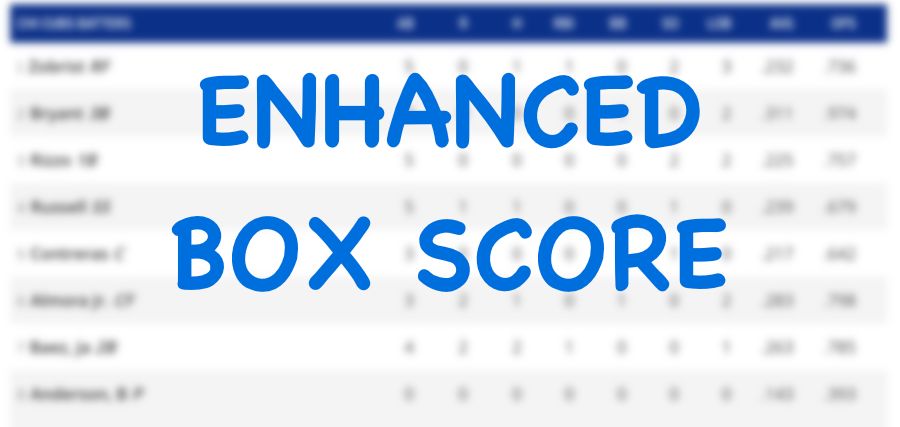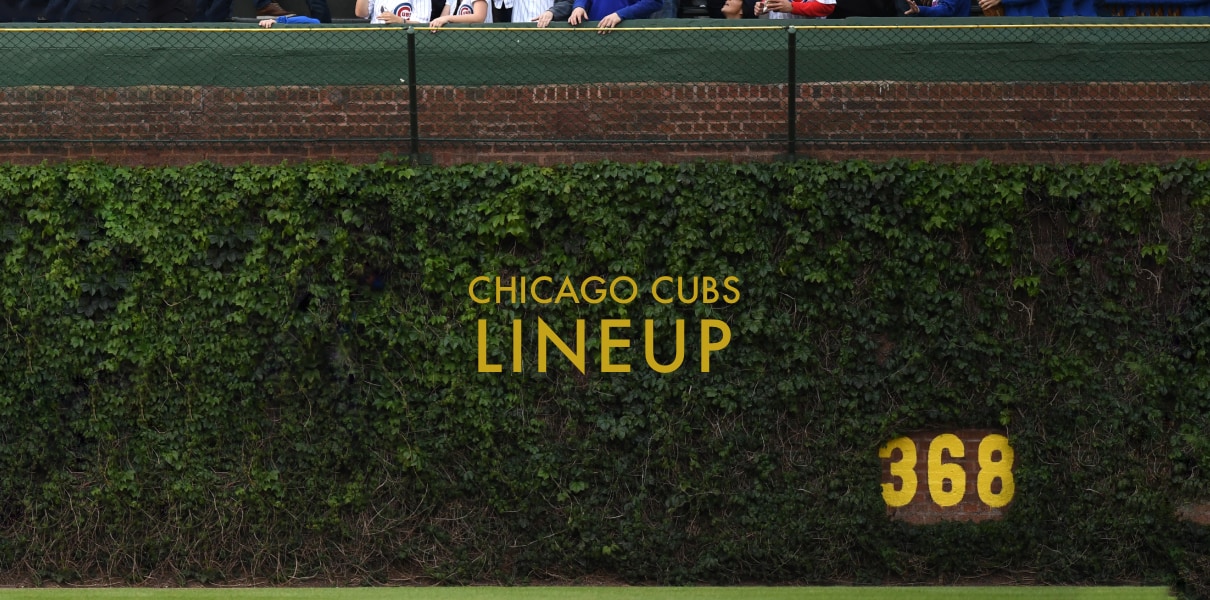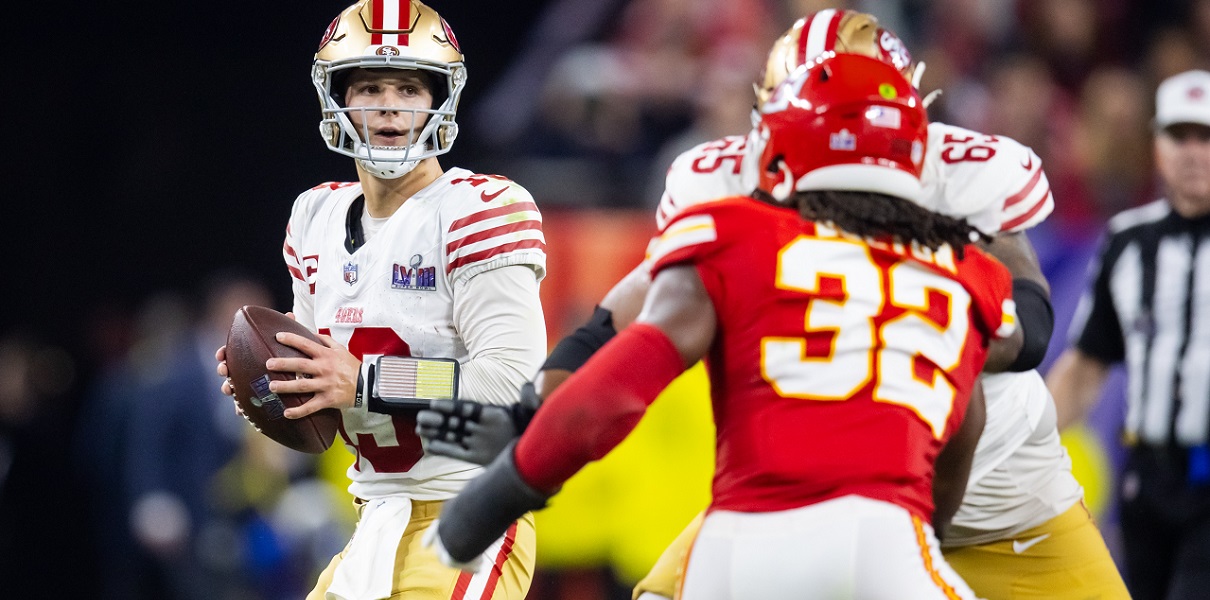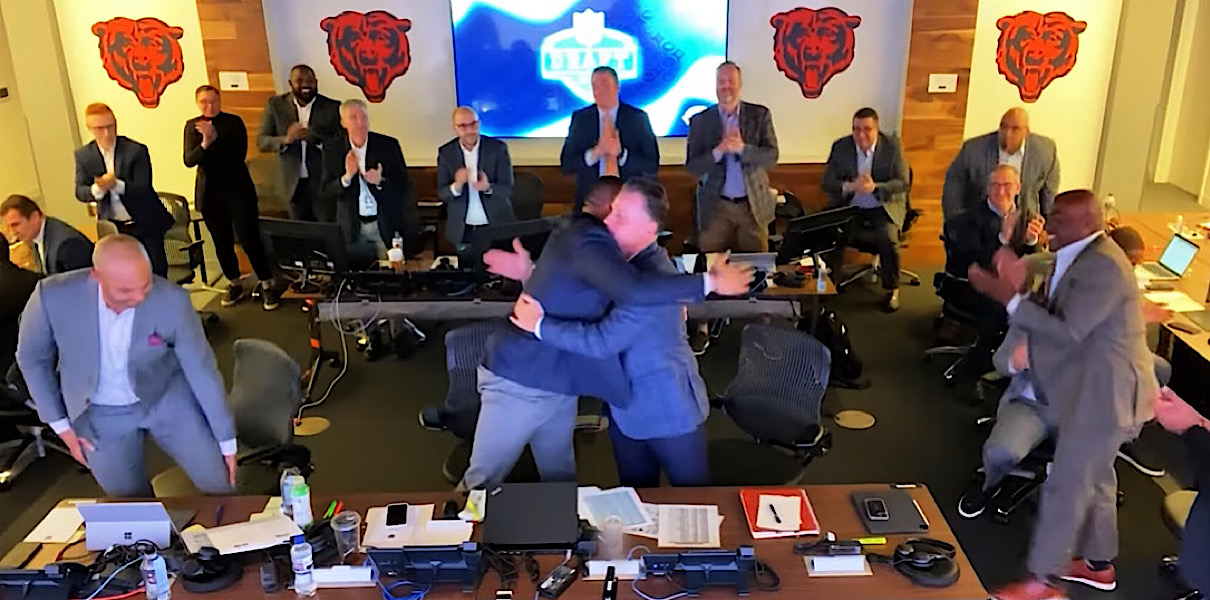I want to share what Dave Kaplan is reporting with respect to Kris Bryant and the Cubs’ payroll levels, but I also want to offer it with some context. It’s important stuff that colors this entire conversation about spending, and I feel like too many of us are still not quite talking about the same thing.
Kaplan is reporting – in conjunction with word that extension offers from the Cubs are not at the Arenado/Rendon level – that there is no hardline requirement from Cubs ownership that the team absolutely must be under the luxury tax for 2020:
Exclusive: Cubs' offers to extend Kris Bryant are below the top of the market, but no ownership luxury tax mandate exists. https://t.co/WyF9uqZHvr
— David Kaplan (@thekapman) January 30, 2020
To be sure, even as someone who has espoused the Cubs’ plan to be under the luxury tax going back a while now, I do believe this report from Kaplan. That is to say, I don’t just think this is hail mary spin from the Cubs, desperate to preserve any and all leverage they have in Bryant trade talks – after all, if every possible trade partner
But here’s the context: I’m not sure that a lack of an explicitly directive really matters much in this situation.
As we’ve explored at length, the reality is that getting under the luxury tax this year is possible to pull off in conjunction with other moves that the Cubs front office might want to make anyway to shore up the 2021+ future of the organization (The 2020 Plan). Doing so this year would mean that the luxury tax penalties reset, and if the organization wanted to spend more aggressively next year (and the year after), they’d be in a much better position to do so.
The actual costs associated with a second time over the luxury tax can reach $25 million in a hurry for the Cubs – that’s $25 million in anticipated expenses/loss of revenue right out of the 2020 baseball ops budget that the front office doesn’t have to spend this year if they’re even a single dollar over the luxury tax. Maybe they can still make it work. Maybe they can’t. It’s up to them on how to spend the baseball budget, which is made up of revenues in the door minus other expenses.
The real rub is that if the Cubs are over the luxury tax this year, the actual costs associated with being over a third time in a row – in 2021 – can easily exceed $50 million. That’s a real cost that comes out of the baseball budget … meaning that the front office knows, if they go over the luxury tax this year, they will have DRAMATICALLY LESS money to deploy next year. Do you think this front office wants to hamstring themselves that badly next year if they could avoid it by their choices in 2020?
We can absolutely debate whether the Ricketts Family should go into their own pockets to spend above and beyond what revenues would otherwise justify.
We can also absolutely debate when the dollars available in the baseball budget should be best deployed by the front office.
But what isn’t debatable is the reality that – if you’re a front office – reseting your luxury tax penalties opens up a great deal of financial flexibility in the future. If ownership will permit $X hundred million in spending in 2021, it is in the front office’s strategic interest to get under the luxury tax in 2020 – if reasonably possible – because then that $X hundred million doesn’t immediately have a $50 million dead money chunk taken out of it.
For more on how this works out financially, I would again strongly encourage you to read our work from last month.
So, then: is there a mandate from ownership that the Cubs have to be under the luxury tax this year? Almost certainly not. But does the front office know that if they’re over this year, there won’t be “extra” money coming from ownership to make up that $50 million loss in flexibility in 2021? Probably.
Does that make it an ownership mandate to get under the luxury tax in 2020? Does it make it the front office making a strategic decision to help with 2021 and beyond? I mean, it’s kind of all that stuff, and I really don’t think it matters what label you put on it. The front office is – I am surmising – very much on board with this plan, and it isn’t just about saving their bosses a few bucks.
(Time will tell, of course, if I’m wrong. Your big clue will be, if the Cubs go under the luxury tax in 2020 and then don’t aggressively extend guys and spend in free agency to go right back above the tax in 2021? Well, then, egg will be on my face.)



































